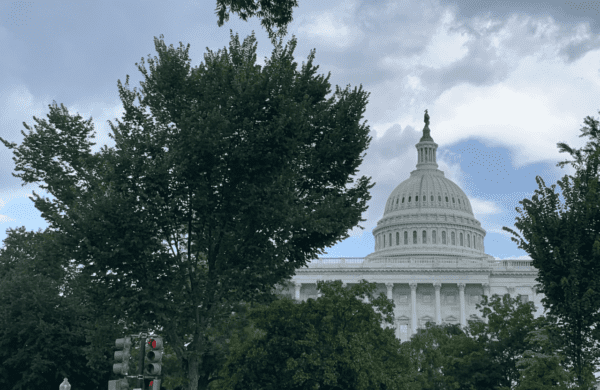
RadWaste Monitor Vol. 15 No. 32
Visit Archives | Return to Issue PDF
Visit Archives | Return to Issue PDF
RadWaste & Materials Monitor
Article 1 of 7
August 12, 2022
House passes Inflation Reduction Act, another lifeline for U.S. nuclear fleet

The House of Representatives on Friday passed a sweeping spending package that would, if enacted, give economically-troubled nuclear power plants another financial boost in addition to the Department of Energy’s ongoing bailout program.
Among the provisions in…
Partner Content